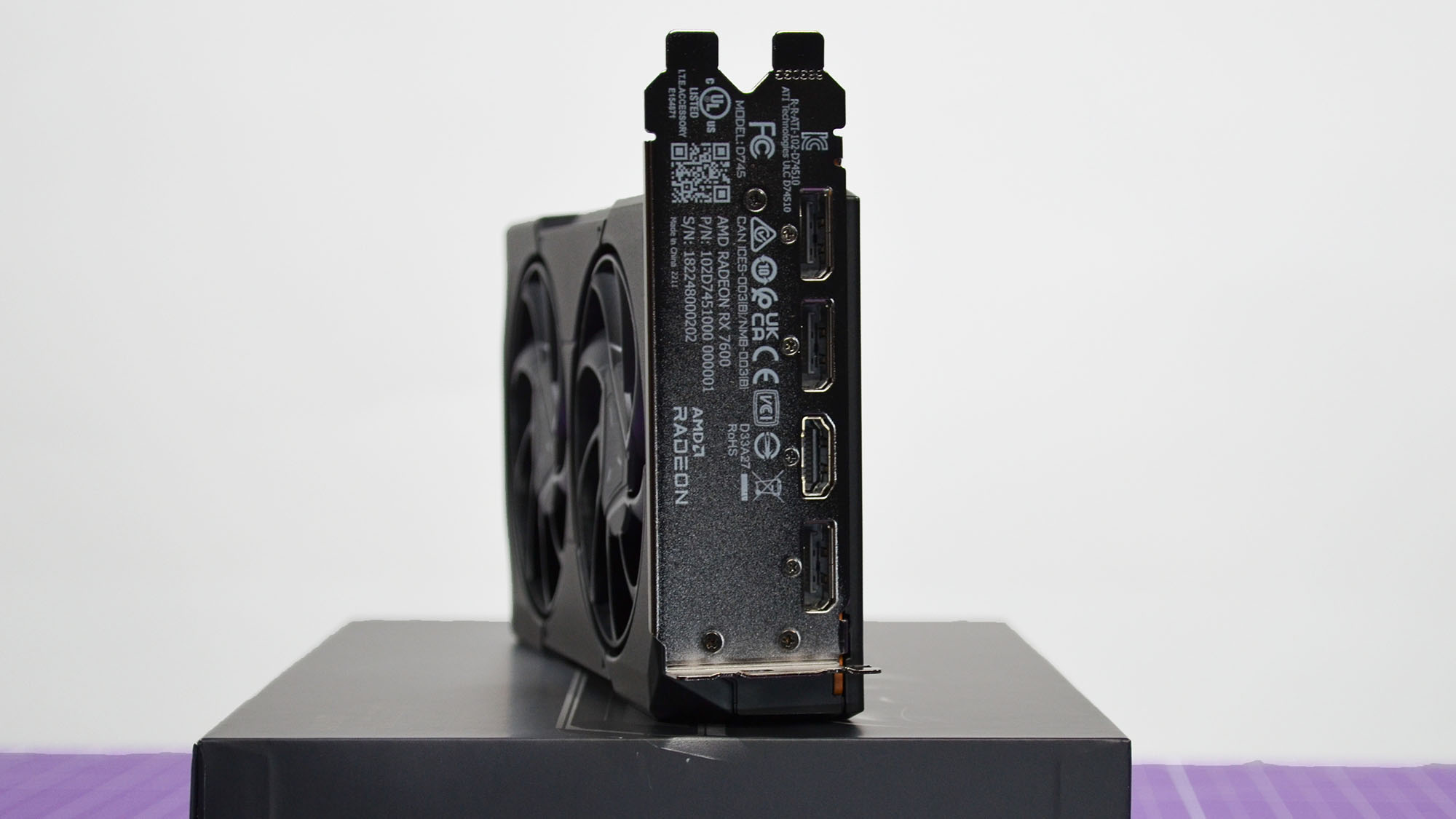AMD’s successor to the RX 7600 could be an affordable GPU that shows Nvidia how it’s done
Even if mid-range is as far as AMD goes with RDNA 4, that’s not necessarily a bad thing

There has been some worry around AMD’s next-gen graphics cards being potentially rather disappointing, with Team Red supposedly dropping the idea of having a high-end GPU, and topping out at the mid-range – but that doesn’t mean RDNA 4 is going to be weak sauce.
That’s an obvious enough statement, but still, there’s been a distinct drop in enthusiasm due to these recent revelations on the grapevine. Prompting Moore’s Law is Dead (MLID) to put together a new video on why we shouldn’t be overly concerned about RDNA 4, and how it could still be an impressive leap in performance, relatively speaking, even if there won’t be a Navi 41 flagship.
To kick off, we should underline that talk of a high-end cancelation with RDNA 4 still remains speculation, and we should treat it as such.
Bearing that in mind, MLID has a source who claims that AMD is now preparing to produce two mid-range monolithic (single chip) GPUs which will remain competitive into 2025. Those would be Navi 43 and 44 chips, in theory (the latter being lower mid-range, and the equivalent to the current RX 7600).
So, compared to the mid-range now, these graphics cards will be a good deal more powerful – they’ll come out in about a year’s time, but will be peppy enough to compete with Nvidia’s next-gen mid-range in 2025.
MLID reminds us that RDNA 4 will use a far superior process (3nm or 4nm) compared to current-gen RDNA 3, and that the RX 7600 (6nm) is already highly competitive with the RTX 4060 in rasterization (non-ray tracing), even though the latter is on 5nm.
As the leaker says, if AMD can iron out the power consumption issues it has had with RDNA 3 that have held it back somewhat, it’s easy to foresee mid-range RDNA 4 offerings which are very powerful in relative terms, given that process drop.
Get daily insight, inspiration and deals in your inbox
Sign up for breaking news, reviews, opinion, top tech deals, and more.
Analysis: Nothing set in stone yet
While that all sounds reasonable enough, it is important to note that MLID makes it clear that the exact specs for these purported next-gen graphics cards have not been pinned down yet.
At least according to one of the leaker’s most trusted sources, all this is still very much up in the air, although another source has caught wind of a potential configuration: 64 CUs (Compute Units) for Navi 43, and 32 CUs for Navi 44.
In the latter case, that’s the same CU count as the RX 7600, and MLID argues that next-gen Navi 44 could be a lower-mid-range equivalent to that GPU, but around 30% to 50% faster - when the process shrink, architectural gains for RDNA 4, and superior VRAM (GDDR7) are taken into account.
Assuming AMD can keep pricing keen enough, the RX 8600, or whatever it ends up being called, could be a seriously tempting buy, and a real handful for Nvidia to compete against.
And this is what PC gamers really want – excellent value proposition graphics cards towards the affordable end of the market. MLID also touches on the point that part of the reason high-end RDNA 4 was (apparently) canceled was that it’d be pricey, and AMD is listening to gamers making it obvious that they want cheaper GPUs.
You might also like
Darren is a freelancer writing news and features for TechRadar (and occasionally T3) across a broad range of computing topics including CPUs, GPUs, various other hardware, VPNs, antivirus and more. He has written about tech for the best part of three decades, and writes books in his spare time (his debut novel - 'I Know What You Did Last Supper' - was published by Hachette UK in 2013).